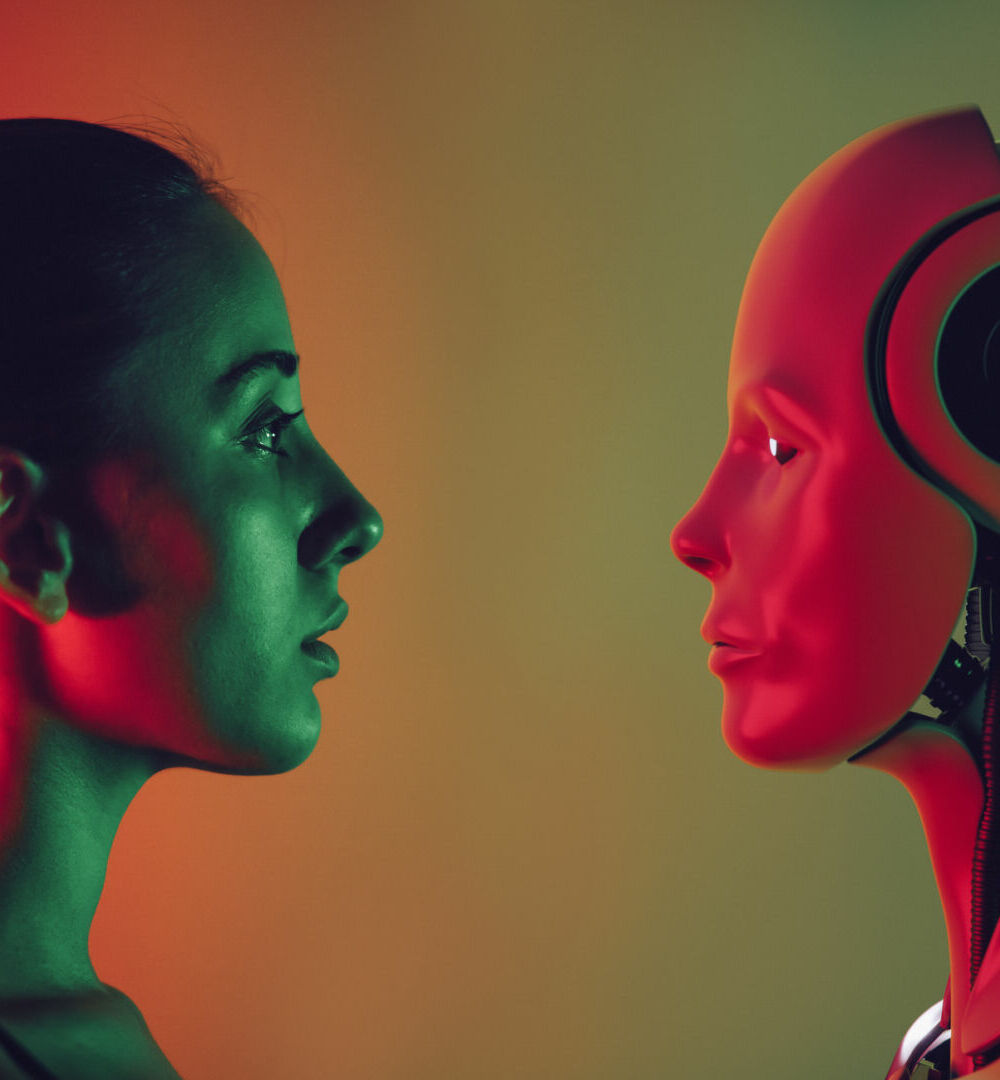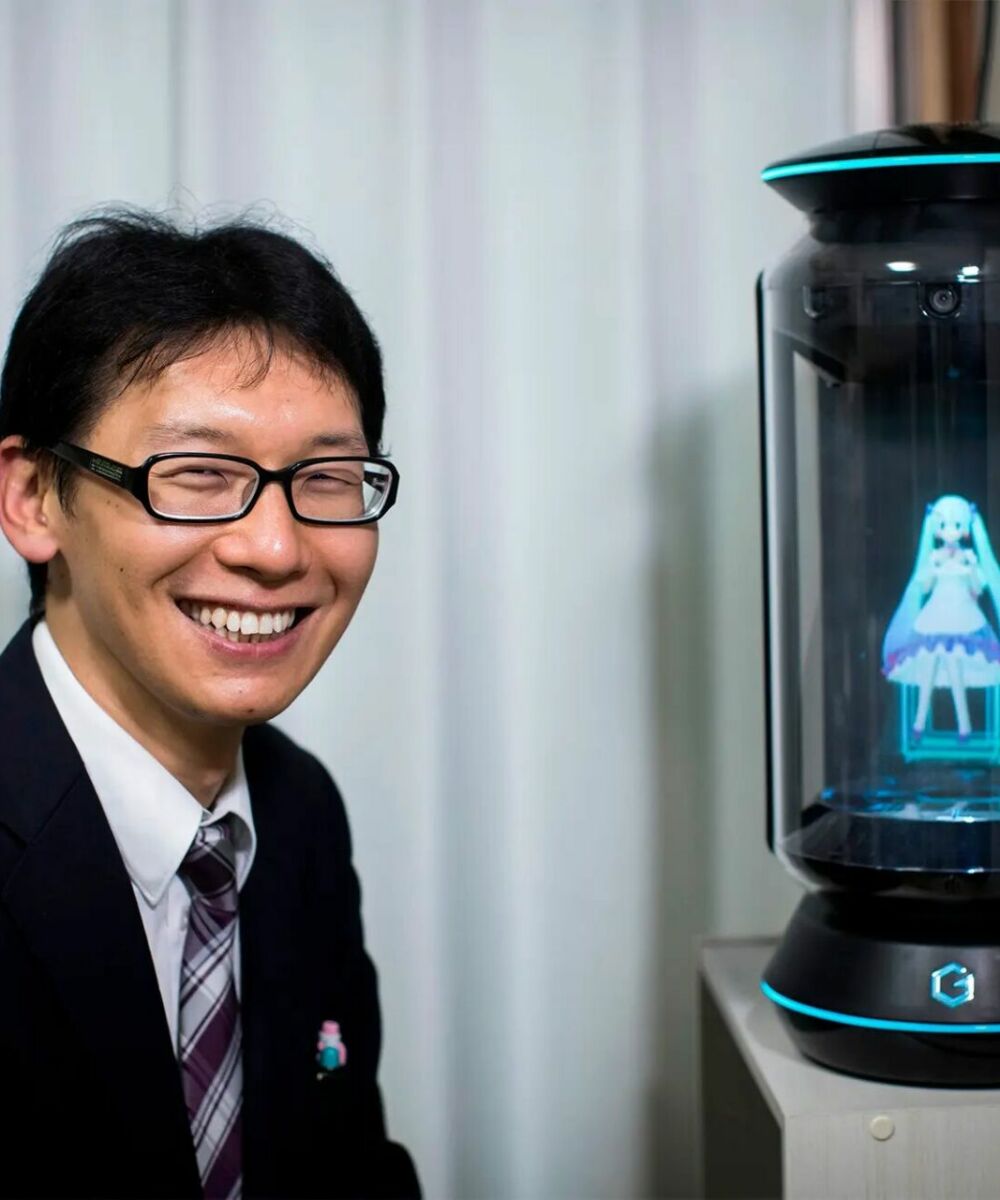In 2006, Jennifer Crecente, an 18-year-old American woman, was brutally murdered by her ex-boyfriend in Austin, Texas. Nearly two decades later, her father, Drew, received a shocking notification: his daughter’s name and image had been used to create an AI-based chatbot on the Character.AI platform.
The chatbot was created without the family’s consent, and the description provided by the platform did not match Jennifer but was instead based on the work of Drew’s brother. Although the company removed the chatbot following the report, incidents like this are becoming increasingly common—even in Italy.
An emblematic case is that of Giulia Cecchettin, a 22-year-old woman murdered a year ago by her ex-boyfriend, Filippo Turetta. Several chatbots were created for both, again on Character.AI, simulating their voices and identities. These chatbots allowed users to interact with them, even enabling phone calls. Turetta’s avatar, in particular, appeared to justify the femicide and showed no remorse in its responses.
There are also cases where people voluntarily use AI to create avatars of deceased loved ones. A specific term has even been coined for this type of chatbot: deadbot or griefbot. These AI chatbots simulate conversations with a deceased person using their digital traces, whether intentionally left (social media posts, chats, emails) or unintentionally (call logs, web searches, etc.).
However, researchers at the University of Cambridge warn that this technology risks causing psychological harm and “digitally haunting” those who use it. Studies reveal unscrupulous uses of deadbots by companies, including deceptive advertising and traumatizing children by insisting that a deceased parent is still present.
These examples highlight the urgent need for stricter regulations on griefbots to prevent harm to individuals already traumatized by violent events and to ensure the rights of both the deceased and their heirs are respected.
“We must start thinking now about how to mitigate the social and psychological risks of digital immortality, because the technology is already here,” said Nowaczyk-Basińska, co-author of the study.
Alessandro Mancini
Is a graduate in Publishing and Writing from La Sapienza University in Rome, he is a freelance journalist, content creator and social media manager. Between 2018 and 2020, he was editorial director of the online magazine he founded in 2016, Artwave.it, specialising in contemporary art and culture. He writes and speaks mainly about contemporary art, labour, inequality and social rights.






















































